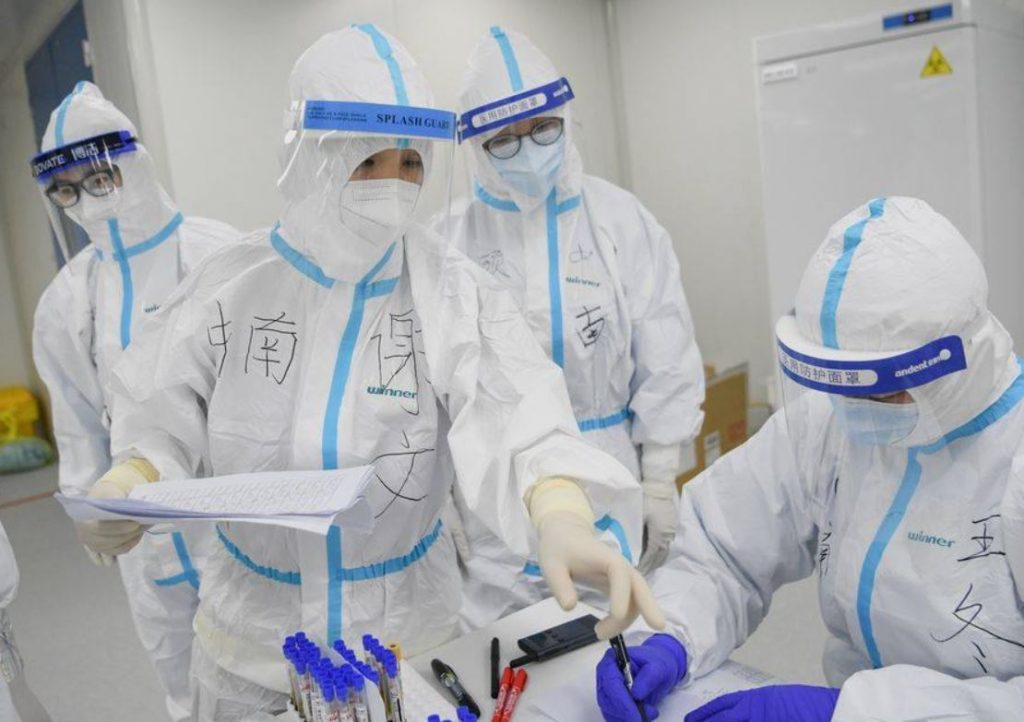
MANILA –Fierce debates ensued in the medical community during the outset of the novel coronavirus disease about the spread of the virus through the air. President Rodrigo R. Duterte, in one of his early meetings with the newly formed Inter-Agency Task Force (IATF) on Emerging Infectious Disease alluded a Japanese experimental film suggesting that people can be infected by the novel coronavirus through the air.
But despite their disagreements, medical experts are one in saying that coughing, sneezing, talking and even just breathing can produce airborne particles that can spread coronavirus disease 2019 (Covid-19).
In a new online article posted on Tuesday by Douglas Reed, associate professor of immunology, University of Pittsburgh warns that it will be a big challenge for the reopening of the economy because people are likely to get sick from airborne virus.
He said that having studied infectious disease and specializing in severe respiratory infections for a long time, he is convinced the virus can be carried through the air and infect others. “Airborne transmission happens because of airborne particles known as droplet nuclei. Droplet nuclei are any bit of mucus or saliva smaller than 5 microns across. People produce droplet nuclei when they talk, but they can also be formed when small droplets evaporate and shrink in size. Many of these droplets shrink so much that they begin to float before they hit the ground, thus becoming aerosols,” he explained.
He continued that “People produce thousands of these droplet nuclei per second while talking and the aerosolized particles can contain live viruses and float in the air for hours. They are easy to inhale, and if they contain live virus, can get people sick.”
Reed also claimed that the ability of the droplet nuclei to transmit the virus has a massive impact on places where people converge like markets, churches, entertainment halls and indoor sports events.
Unlike before where the US Center for Disease Control and Prevention and the World Health Organization were mostly concerned about the virus being transmitted from surfaces and from large droplets, these agencies have now recommended the public to always wear masks as more evidence have shown that airborne transmission is occurring. Some studies show the virus stays afloat and can stay alive from four to up to 16 hours in the air.















